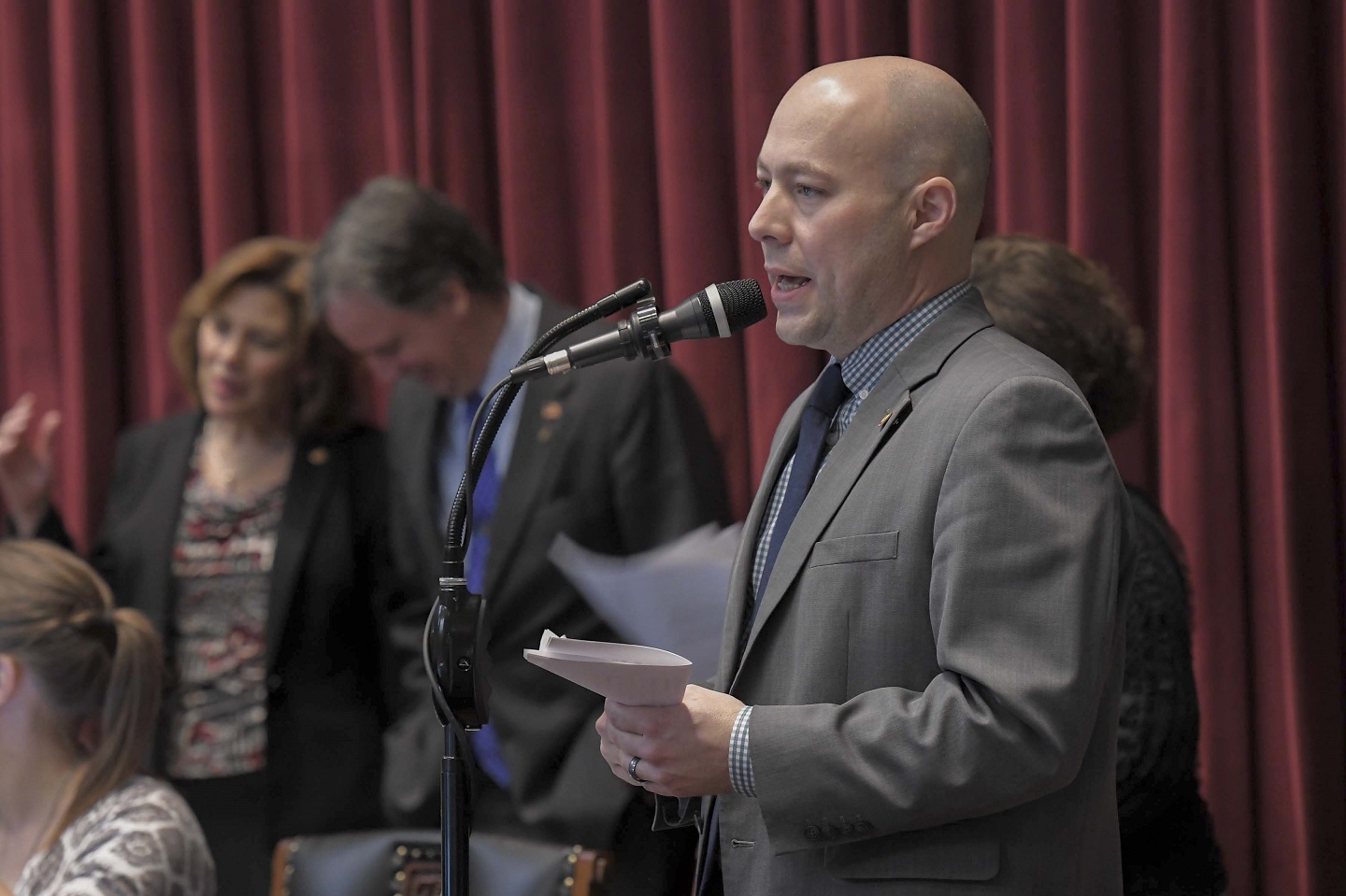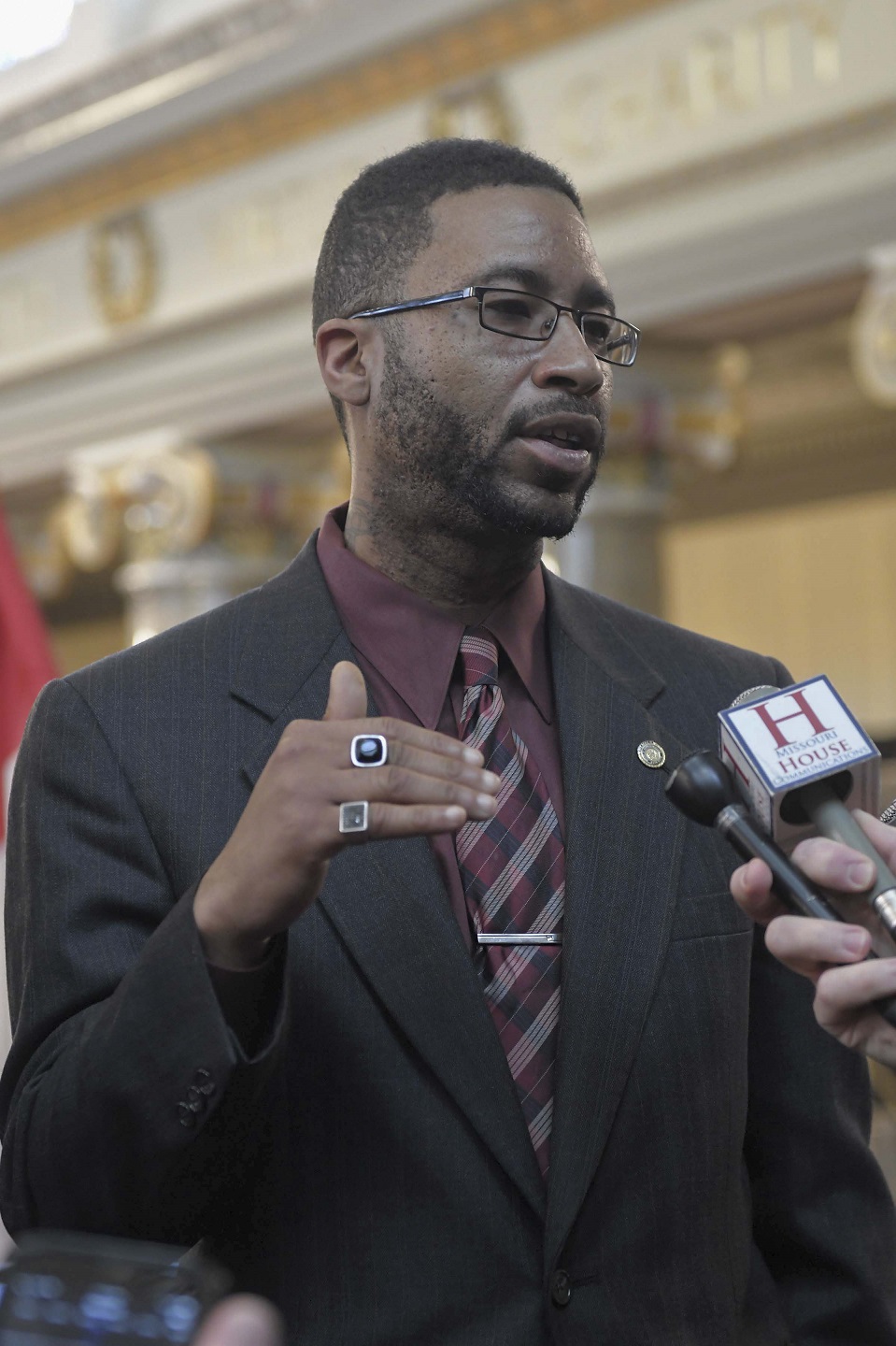The Missouri House has voted to eliminate mandatory minimum sentences for non-violent crimes.

Missouri law requires that offenders with one prior conviction must serve at least 40-percent of a prison term. Those with two prior convictions must serve 50-percent, and those with three or more must serve 80-percent.
House Bill 113 would allow judges to make exceptions to those mandates if, based on certain criteria, those minimums would be unjust to the defendant or unnecessary to protect the public.
“This enables us to, as someone said, differentiate between the folks that we’re scared of and the folks that we’re mad at,” said bill sponsor Cody Smith (R-Carthage).
Supporters say reforms such as those in HB 113 would keep individuals who made bad decisions but aren’t likely to commit further offenses from spending too much time in prison, where they might learn to commit additional and more violent offenses.
Projections say HB 113 will also save the state more than $3-million by 2023, by leading to the release of an estimated 466 prisoners and thereby eliminating the cost of housing, feeding, and otherwise seeing to the needs of those individuals.
Smith notes that those projections don’t include the fact that as recently as last year, Missouri was seen as on pace to need another two prisons in the next five years.
The bill drew broad bipartisan support, passing out of the House 140-17. St. Louis Democrat Steven Roberts said while the bill removes minimum sentences, it doesn’t stop a judge from imposing maximum sentences when appropriate.

Democrats called the bill a good step in the direction of criminal justice reform, but say they hope to see more.
Kansas City representative Brandon Ellington (D) has filed legislation that would further change the laws regarding minimum sentences, and named other reforms his party supports.
HB 113 now goes to the Senate, where last year’s version of the same legislation was referred to a committee but did not receive a hearing.

